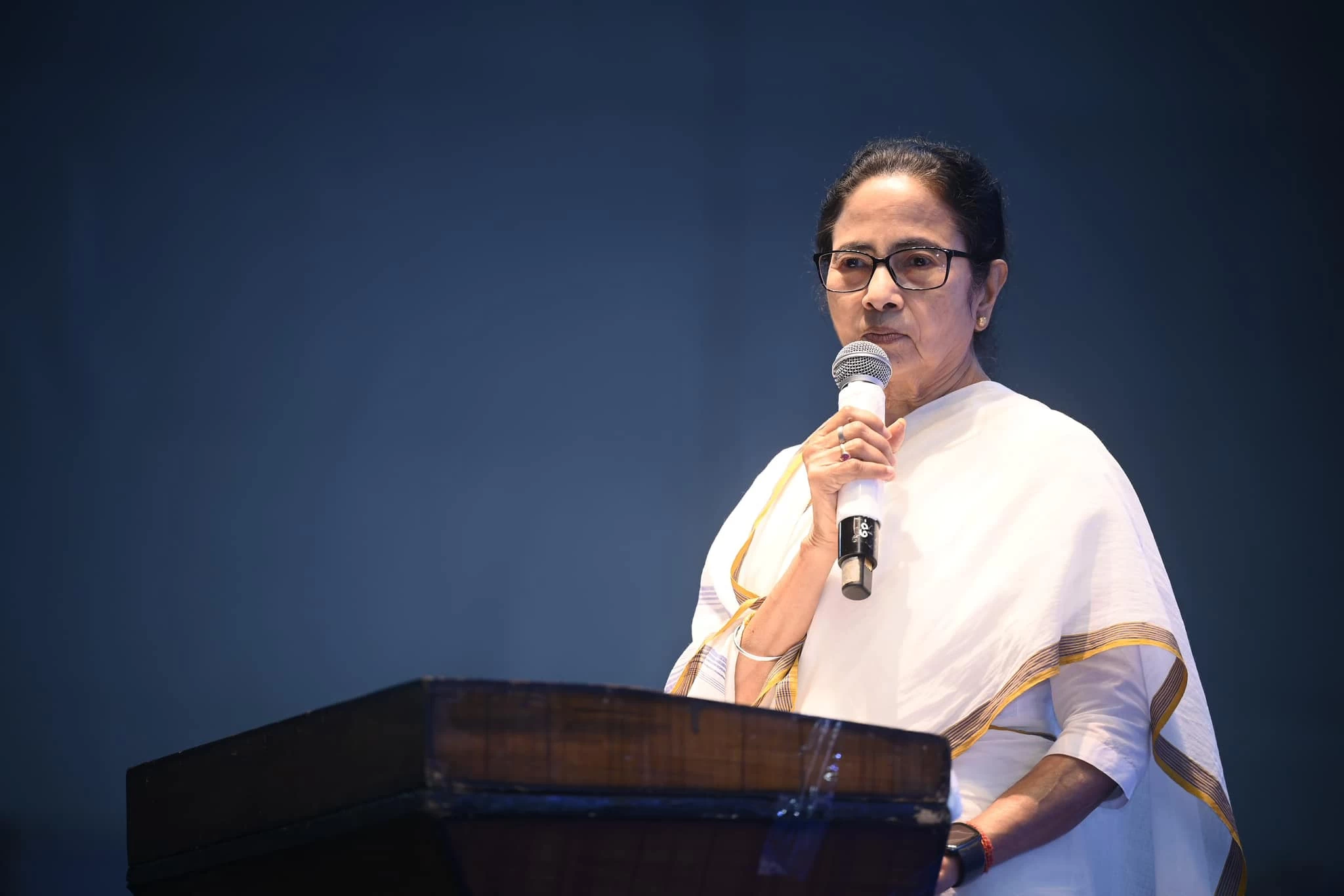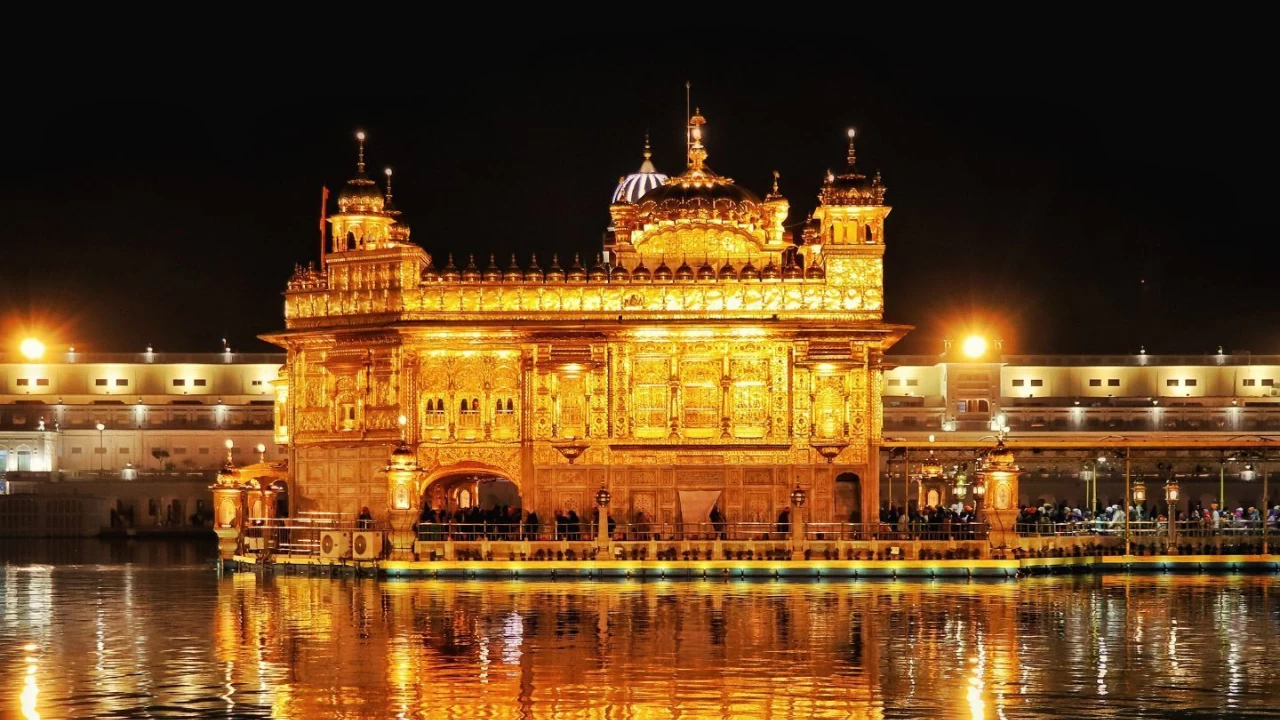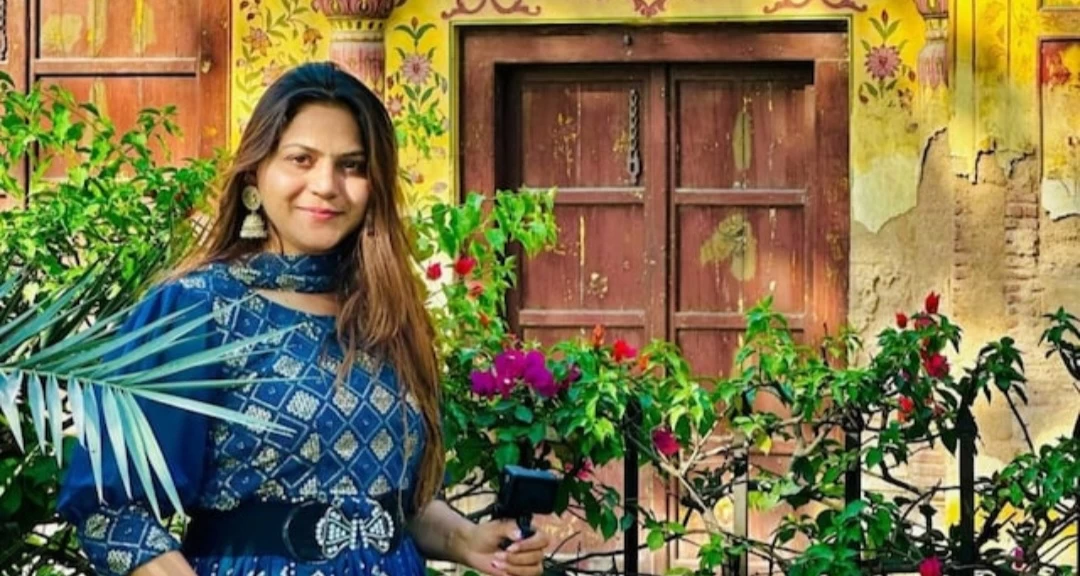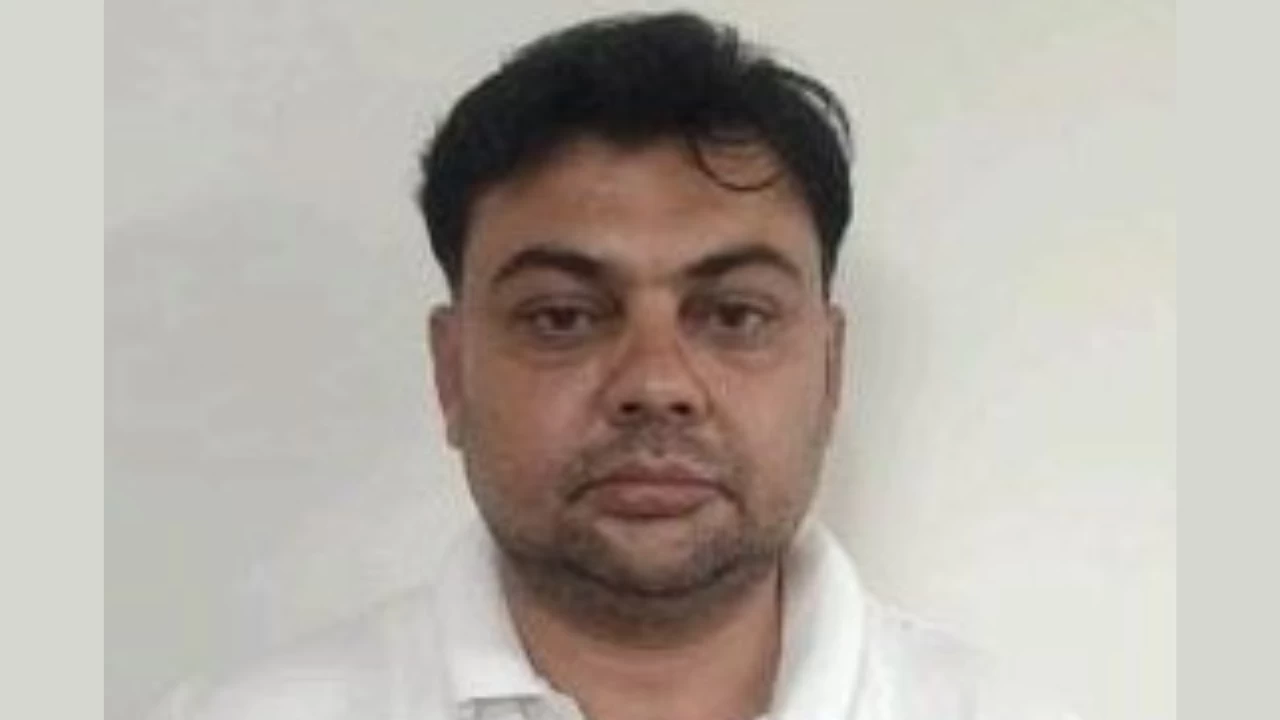Latest Updates
'One Nation, One Election' Bills Sent to Joint Parliamentary Committee
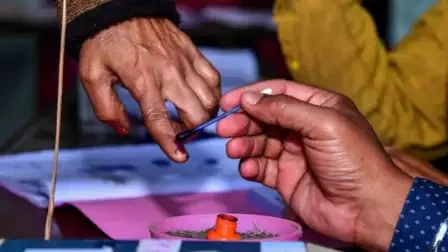
Two bills designed to amend the Constitution to facilitate simultaneous federal and state elections by 2034 have been sent to a 39-member joint parliamentary committee (JPC) for review. The decision, made Friday morning, came at the close of a contentious Lok Sabha winter session, which saw heated debates, especially after Home Minister Amit Shah's controversial "Ambedkar is the fashion" remark. The session was then adjourned sine die.
The newly-formed JPC tasked with reviewing the bills features a mix of leaders from both the ruling BJP and the opposition. On the opposition side, Congress MPs Priyanka Gandhi Vadra and Manish Tewari, along with Trinamool Congress's Kalyan Banerjee and Saket Gokhale have been selected. The government’s corner will be led by Union Ministers Anurag Thakur, Sambit Patra, and Anil Baluni.
To ensure broader representation, the committee was expanded from 31 to 39 members, responding to demands from smaller parties for inclusion. The committee now includes members from Maharashtra's rival Shiv Sena factions and the Nationalist Congress Party (NCP), along with representatives from two of the BJP's allies. However, Bihar’s ruling Janata Dal (United) [JDU] and Andhra Pradesh's Telugu Desam Party (TDP), both considered allies of the BJP-led government, have not been included.
The JPC has been given an initial term of 90 days to conduct consultations on the proposed amendments, with the possibility of an extension. The committee will focus on five major constitutional changes, including the synchronization of state and union territory assembly terms with those of the Lok Sabha.
The bills, introduced by Law Minister Arjun Ram Meghwal earlier this week, have already sparked strong opposition from several parties. The Congress, along with its allies in the INDIA bloc—the Samajwadi Party and the Trinamool Congress—has vehemently opposed the proposals. They argue that the amendments threaten to undermine India’s federal structure by diminishing the autonomy of state legislatures and centralizing power in the hands of the federal government.
Opposition leaders have warned that such changes could weaken regional political representation and erode the independence of state governments. They believe the amendments would tilt the balance of power towards the central government, undermining the diversity and autonomy that are fundamental to India’s federal system.





